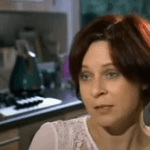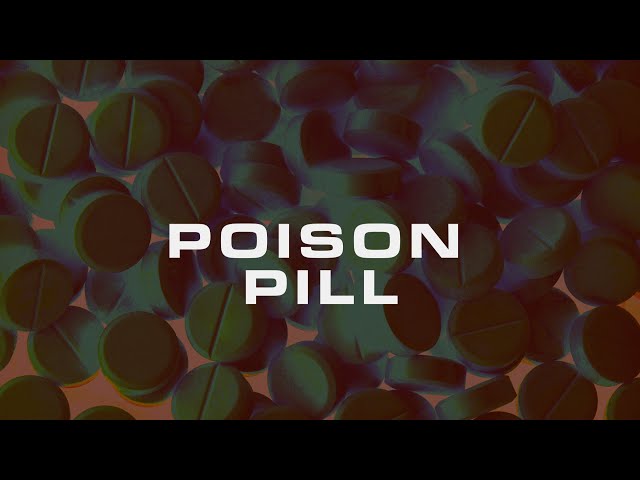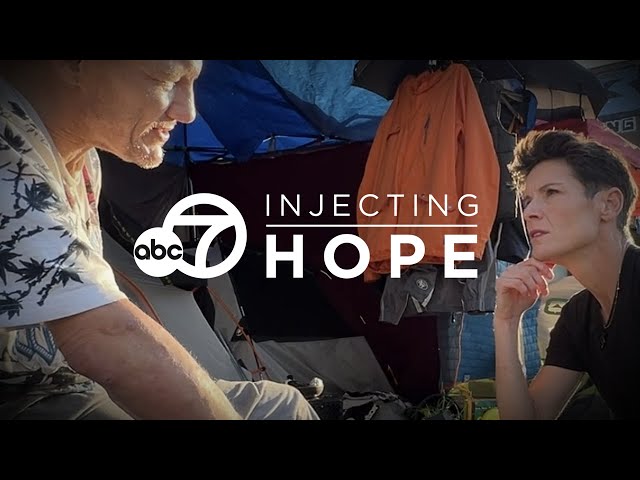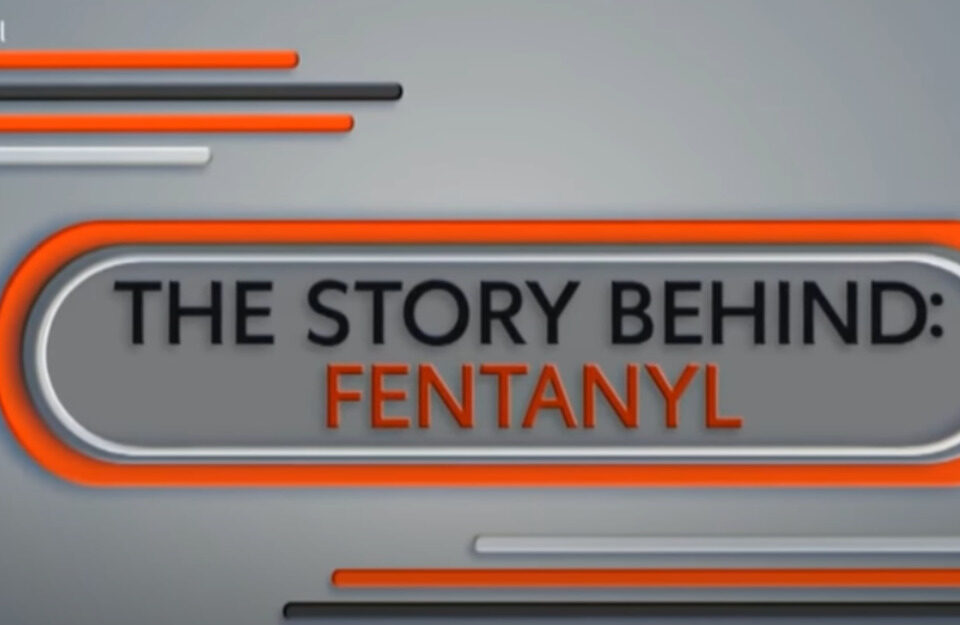Introduction
This documentary follows Mike Pond, a therapist managing his alcohol addiction. He was only ever offered one treatment after losing his practice, his house, his family, and becoming homeless: Alcoholics Anonymous. This abstinence-based treatment approach did not work for him, so he started looking for other ways to heal himself and others. Mike is an advocate for “compassionate, evidence-based treatments” and feels that “harm reduction, or any positive change, offers clients the best chance of beating addictions.”
Read Mike’s Book: “Wasted: An Alcoholic Therapist’s Fight for Recovery in a Flawed Treatment System”
Listen to Mike’s Interview: “Wasted documentary looks at how prescription drugs can fight addiction”
Watch Now!
After watching the following video, you are welcome to share your experience by providing a review of the resource.
Quotes
“Founded in 1935, Alcoholics Anonymous (AA) quickly became the go-to and for the longest time only treatment for alcoholism. Millions credit the program for their sobriety; you can find a meeting pretty well anywhere, anytime. In a field where treatment can cost tens of thousands, it’s free.”
“There isn’t any other diagnosis where it would be okay to get in people’s face and scream at them and shame them and make them feel terrible about themselves.”
“If you have a drinking problem someone is going to suggest Alcoholics Anonymous and may badger you if you didn’t go to AA or if AA didn’t work for you. So this piles on an experience in addition to having the problem. Now you have to deal with a lot of pressure and a lot of shaming. Making people feel bad about their drinking was never what the founders of AA intended, nor is it great therapy.”
“Research suggests Alcoholics Anonymous works for about 1/3rd of people after one year, leaving the majority looking for someone else.”
“Evidence-based treatment, meaning there’s science behind it, is largely absent in addiction treatment. I would estimate that in Canada of those struggling with severe alcohol addiction about 1% are actually being prescribed evidence-based treatments.”
Continue Learning
Please view the following additional resources to continue learning about some of the topics discussed in this resource. If you have any suggestions, concerns or general comments, feel free to contact me as well!
Alcohol Use Disorder
- Alcohol Use Disorder (AMH Resources)
- Alcohol Use Disorder (Mayo Clinic)
- Alcohol Withdrawal
- Alcoholism – Causes, Symptoms, Diagnosis, Treatment, Pathology
- Alcoholism – The Deadly Truth About Its Stigma
- Canadian Alcohol Use Disorder Society
- Canadian Guideline for the Clinical Management of High-Risk Drinking and Alcohol Use Disorder
- High-Risk Drinking and Alcohol Use Disorder
- How I Overcame Alcoholism
- Medications For the Treatment of Alcohol Dependence
- Stages of Alcoholism
- The Impact of Alcoholism on Society
- The Truth About Dopamine After Alcohol Addiction Recovery
- Why Alcohol Belongs in the Mental Health Conversation





